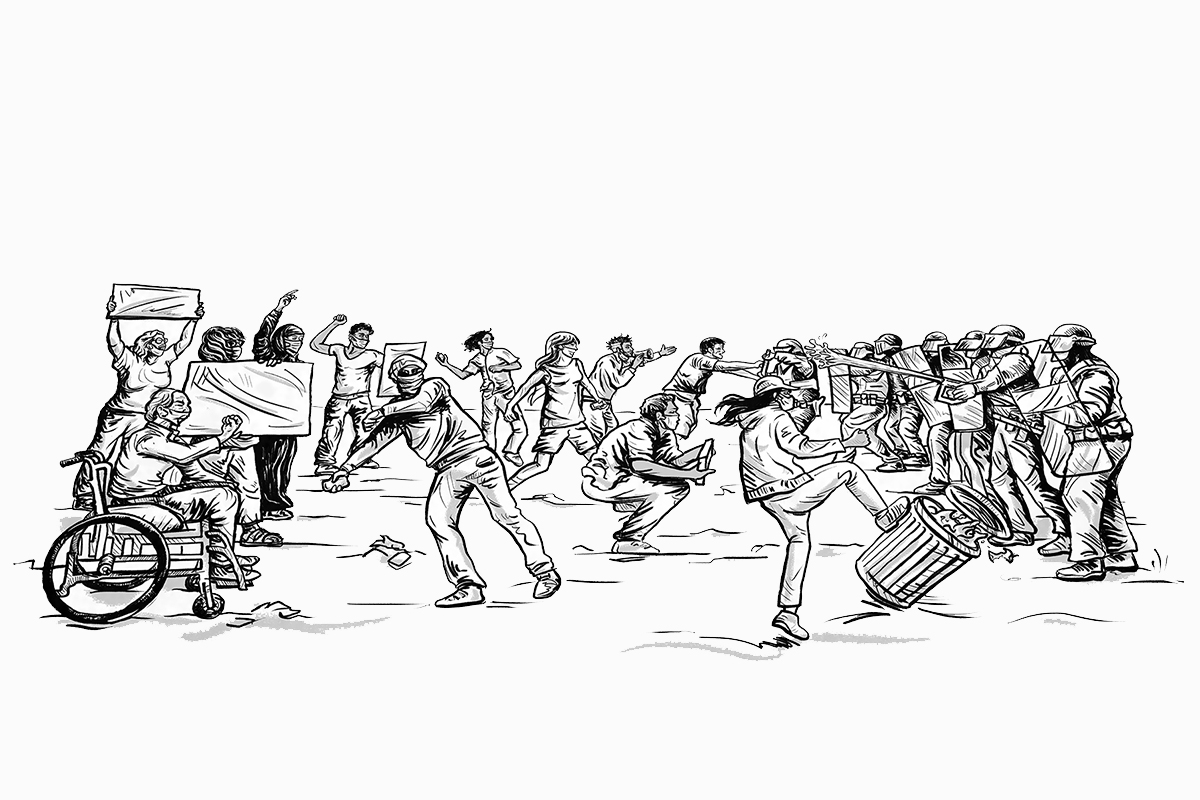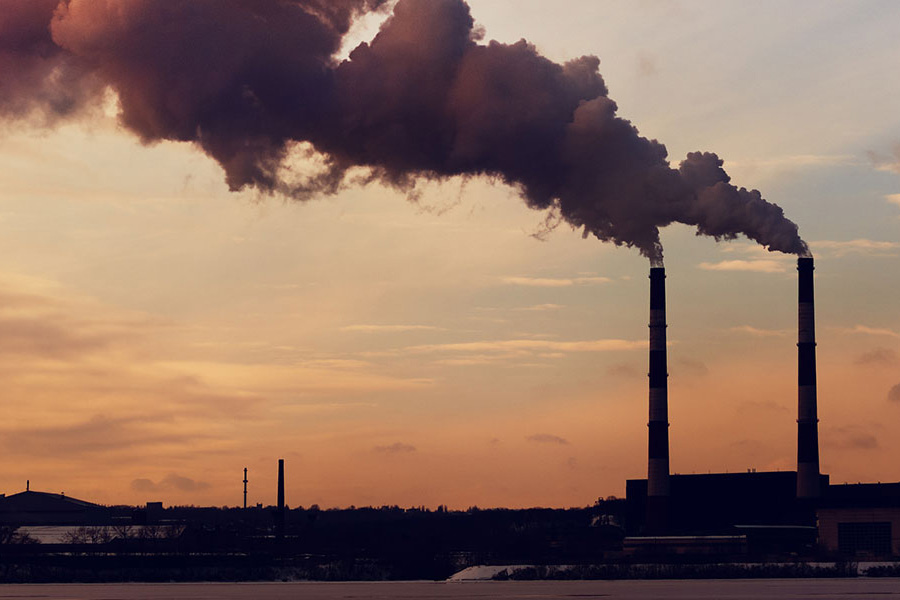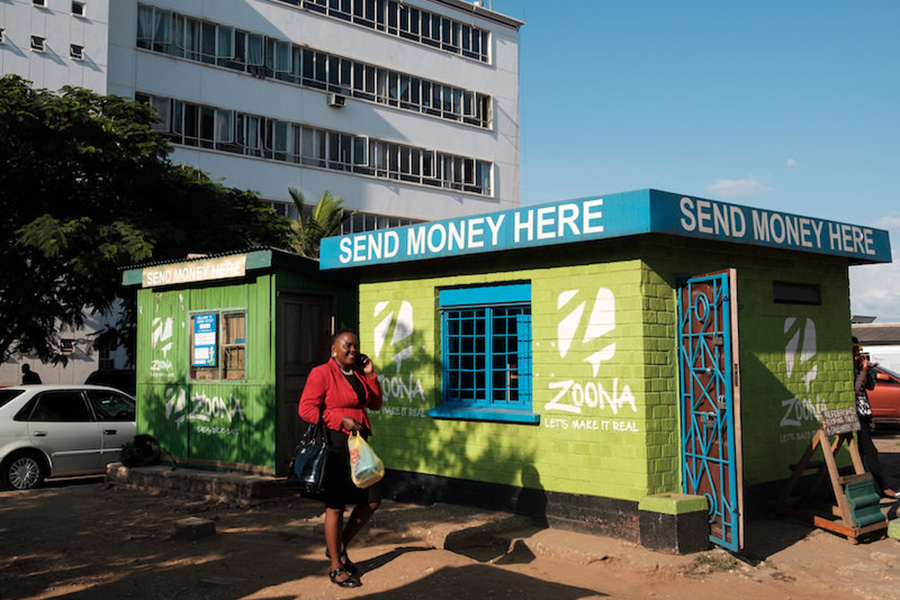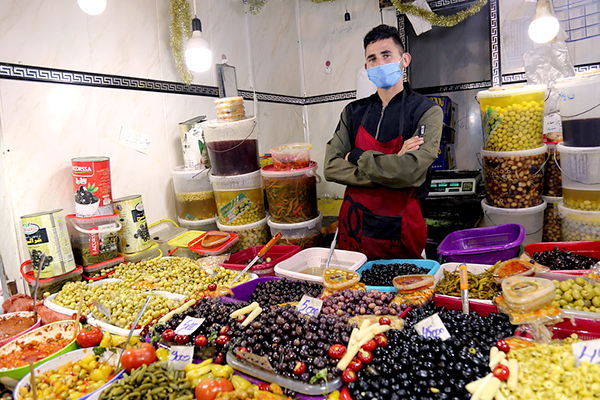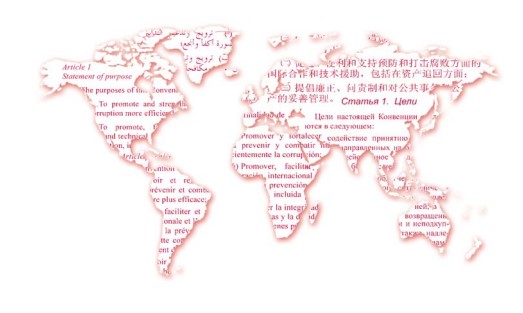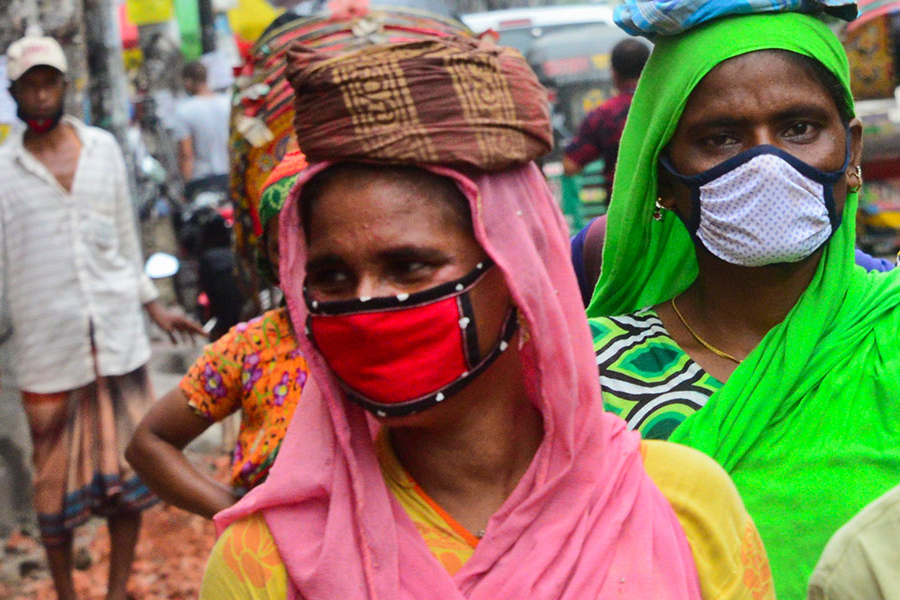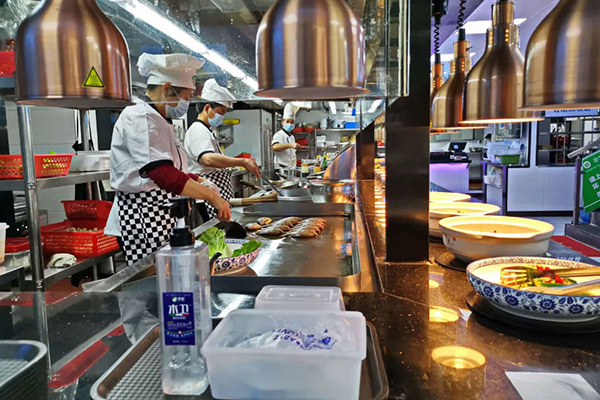Today’s world is characterized by a dual monetary system, involving privately-issued money—by banks of all types, telecom companies, or specialized payment providers—built upon a foundation of publicly-issued money—by central banks. While not perfect, this system offers significant advantages, including: innovation and product diversity, mostly provided by the private sector, and stability and efficiency, ensured by the public sector.
IMF
Despite ample examples, quantitative evidence on the link between epidemics and social unrest is scant. Recent IMF staff research fills this gap by offering global evidence of this link in recent decades. History is replete with examples of disease outbreaks casting long shadows of social repercussions: shaping politics, subverting the social order, and some ultimately causing social unrest. Why? One possible reason is that an epidemic can reveal or aggravate pre-existing fault lines in society.
Global uncertainty reached unprecedented levels at the beginning of the COVID-19 outbreak and remains elevated. The IMF World Uncertainty Index—a quarterly measure of global economic and policy uncertainty covering 143 countries—shows that although uncertainty has come down by about 60 percent from the peak observed at the onset of the COVID-19 pandemic, it remains about 50 percent above its historical average. Uncertainty is measured by the frequency that the word “uncertainty” is mentioned in the reports in proximity to a word related to the respective systemic-economy country.
The currencies held by central banks as foreign exchange reserves have remained largely steady over decades. Changes of these holdings can be described as glacial in pace. But geopolitical shifts and technological revolutions are reshaping the global economy and the international use of currencies. These forces, and the fallout from the COVID-19 pandemic, could further accelerate the transformations in the reserve holdings of central banks. A new IMF staff paper analyses the composition and drivers of central banks’ reserve currency holdings over recent decades.
New technologies like artificial intelligence, machine learning, robotics, big data, and networks are expected to revolutionize production processes, but they could also have a major impact on developing economies. IMF research finds that new technology risks widening the gap between rich and poor countries by shifting more investment to advanced economies where automation is already established.
On the one hand, the COVID-19 pandemic could increase awareness of environmental risks and bring about shifts that could accelerate the transition to a low-carbon economy. On the other hand, there is a risk that financially weakened firms, amidst heightened economic uncertainty, will reduce their investments in long-horizon, capital-intensive green projects. The latest analysis by IMF looks at past episodes of financial and economic stress to gauge the likely impact of the current crisis on firms’ environmental performance.
With many still unemployed, small businesses struggling, and 80‑90 million people likely to fall into extreme poverty in 2020 as a result of the pandemic, it is too early for governments to remove the exceptional support. Yet many countries need to do more with less, given increasingly tight budget constraints. The IMF October 2020 Fiscal Monitor examines countries’ experiences managing the crisis and discusses what governments can do to save lives, reduce the impact of the recession, and revive growth and job creation.
Unaddressed, climate change will entail a potentially catastrophic human and economic toll, but it’s not too late to change course. Global temperatures have increased by about 1°C since the pre-industrial era because of heat-trapping green-house gases accumulating in the atmosphere. The IMF makes the case that economic policy tools can pave a road toward net zero emissions by 2050 even as the world seeks to recover from the COVID-19 crisis. Policies can be pursued in a manner that supports economic growth, employment and income equality.
IMF recognizes leadership is required to manage the negative dimensions of globalization and harvest the positive, to ensure progress is not overwhelmed by common threats. Resilient systems are only as strong as their weakest links. Stopping the next pandemic, which could be even worse than COVID-19, must be a priority. This requires reinforcing and reforming the WHO to give it the governance, staff, and capacity it needs to be the world’s rapid-response fighting force on global health. Resilience cannot be delegated to others. It is everyone’s responsibility.
COVID-19 has had an oversized negative impact on migrant workers. Perhaps surprisingly, despite the bleak experience for foreign overseas workers during the pandemic, the effect on remittances—the flow of money they send back home—has, in many cases, proven resilient. But that trend may yet be upended. The predicament of migrant workers over the last few months has highlighted the pressing need—now greater than ever—to support them and their families back home. IMF offers some suggestions.
The IMF reports the economic impact of the COVID-19 pandemic on emerging market economies as far exceeding that of the global financial crisis. Unlike previous crises, the response has been decisive as in advanced economies. Emerging market economies were buffeted by multiple shocks. Compounding the effects of containment measures has been a decline in external demand. Particularly hit are tourism-dependent countries due to a decline in travel and oil exporters as commodity prices plummeted.
Corruption, the abuse of public office for private gain, is about more than wasted money: it erodes the social contract and corrodes the government’s ability to help grow the economy in a way that benefits all citizens. The COVID-19 pandemic has heightened the importance of stronger governance. During this crisis the IMF has continued its governance and anti-corruption work. Their message to all governments has been clear: spend whatever you need but keep the receipts, because we don’t want accountability to be lost in the process.
The COVID-19 pandemic threatens to roll back gains in women’s economic opportunities, widening gender gaps that persist despite 30 years of progress. Well-designed policies to foster recovery can mitigate the negative effects of the crisis on women and prevent further setbacks for gender equality. What is good for women is ultimately good for addressing income inequality, economic growth, and resilience, says the IMF.
Europe, like the rest of the world, faces an extended crisis. An element of social distancing—mandatory or voluntary—will be with us for as long as this pandemic persists. This, coupled with continued supply chain disruptions and other problems, is prolonging an already difficult situation. IMF overarching policy goals include saving lives now and ensuring Europe emerges with a greener and safer economy for the long run, one where future generations can thrive equitably.
For the first time in living memory, Asia’s growth is expected to contract by 1.6 percent—a downgrade to the April projection of zero growth. While Asia’s economic growth in the first quarter of 2020 was better than projected in the April World Economic Outlook—partly owing to early stabilization of the virus in some—projections for 2020 have been revised down for most of the countries in the region due to weaker global conditions and more protracted containment measures in several emerging economies.


